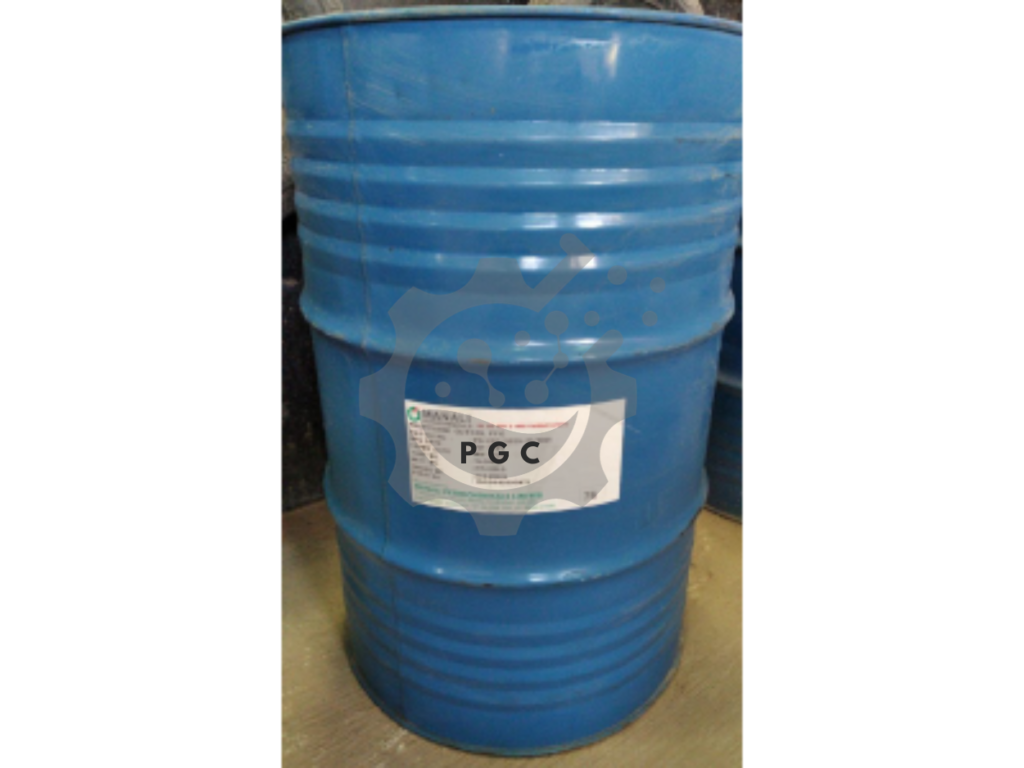PROPYLENE GLYCOL / DIETHYLENE GLYCOL

Propylene Glycol: Propylene glycol (PG) is a clear, colorless, odorless liquid that is commonly used in a variety of industries due to its versatile properties. It is classified as a diol, belonging to the alcohol chemical family. Here are some key points about propylene glycol: 1. Applications: – Food and Beverage Industry: PG is […]
Propylene Glycol:
Propylene glycol (PG) is a clear, colorless, odorless liquid that is commonly used in a variety of industries due to its versatile properties. It is classified as a diol, belonging to the alcohol chemical family. Here are some key points about propylene glycol:
1. Applications:
– Food and Beverage Industry: PG is used as a food additive, often designated as E1520, and can be found in numerous food products, including baked goods, dairy products, dressings, and beverages. It functions as a humectant, solvent, and preservative.
– Pharmaceuticals: PG is utilized in oral and topical medications as a solvent and carrier for active ingredients.
– Cosmetics and Personal Care Products: It is found in various beauty and personal care items, such as moisturizers, shampoos, deodorants, and toothpaste, due to its moisturizing and emulsifying properties.
– Industrial Applications: PG is used as a solvent in paints, coatings, inks, and dyes. It is also employed as a heat transfer fluid, antifreeze agent, and in the production of resins, plastics, and polyurethane foams.
– E-Cigarettes and Vaping: Propylene glycol is a common component of e-liquids used in electronic cigarettes and vaporizers, serving as a base for nicotine and flavorings.
2. Safety:
– Propylene glycol is considered safe for consumption and use in regulated quantities. It has been extensively studied and approved by regulatory bodies such as the U.S. Food and Drug Administration (FDA) and the European Food Safety Authority (EFSA).
– Some individuals may have sensitivities or allergies to propylene glycol, resulting in skin irritation or respiratory issues. However, such cases are relatively rare.
Diethylene Glycol:
Diethylene glycol (DEG) is a colorless, odorless liquid with a slightly sweet taste. It is chemically similar to propylene glycol but contains two ethylene glycol units. Here are some important points about diethylene glycol:
1. Industrial Applications:
– DEG is primarily used as a solvent in various industrial processes, including the production of resins, plastics, textiles, and printing inks.
– It is also utilized as a component in hydraulic fluids, antifreeze formulations, and heat transfer fluids.
2. Controversies and Risks:
– Diethylene glycol gained significant attention due to its involvement in several incidents of mass poisonings in the past. In these instances, DEG was unintentionally substituted for or contaminated with a different substance, resulting in severe health consequences.
– It is essential to emphasize that diethylene glycol is not intended for human consumption or use in food, beverages, pharmaceuticals, or personal care products. Its toxic properties make it unsuitable for these applications.
It is crucial to distinguish between propylene glycol, which has numerous approved applications and is generally considered safe, and diethylene glycol, which poses significant risks and should not be used in consumer products or human consumption.
